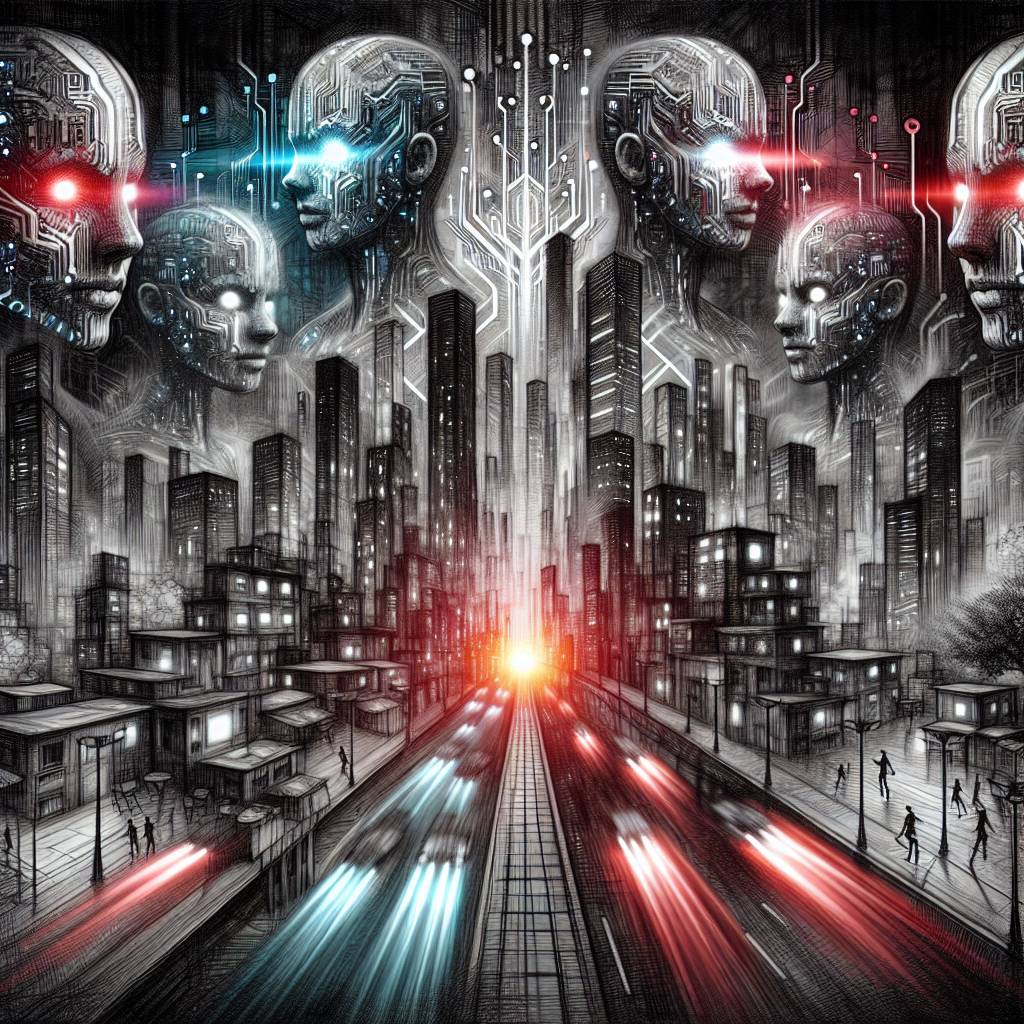AI-Powered Hackers: Why Cybersecurity Just Entered the Zero-Hour Era
Welcome to the age of zero hours, where AI doesn’t need caffeine breaks. Security researcher Matt Keeley demonstrated this with GPT-4, producing a working exploit for an Erlang/OTP SSH vulnerability just hours after disclosure. Exploit development has shifted to prompt engineering, and attackers now move 47 times faster than human operators.

Hot Take:
Hey folks, if you thought AI was just for generating cat memes and writing your high school essays, think again! Security researcher Matt Keeley just turned GPT-4 into a cybercrime prodigy, whipping up an exploit faster than you can say ‘Erlang/OTP SSH vulnerability.’ Talk about taking the “art” out of cyber warfare and replacing it with “artificial” intelligence! Welcome to the era where hackers wear lab coats and use AI as their co-pilot. The future? It’s less Mission Impossible and more Mission Instantly Possible!
Key Points:
- AI is now capable of rapidly developing exploits using minimal inputs.
- The traditional time buffer defenders relied on is diminishing rapidly.
- AI-enabled cybercrime is accelerating the pace of attacks.
- Organizations need to shift from visibility-focused strategies to decisive action plans.
- The adoption of AI in cybersecurity is crucial for keeping up with machine-speed adversaries.
